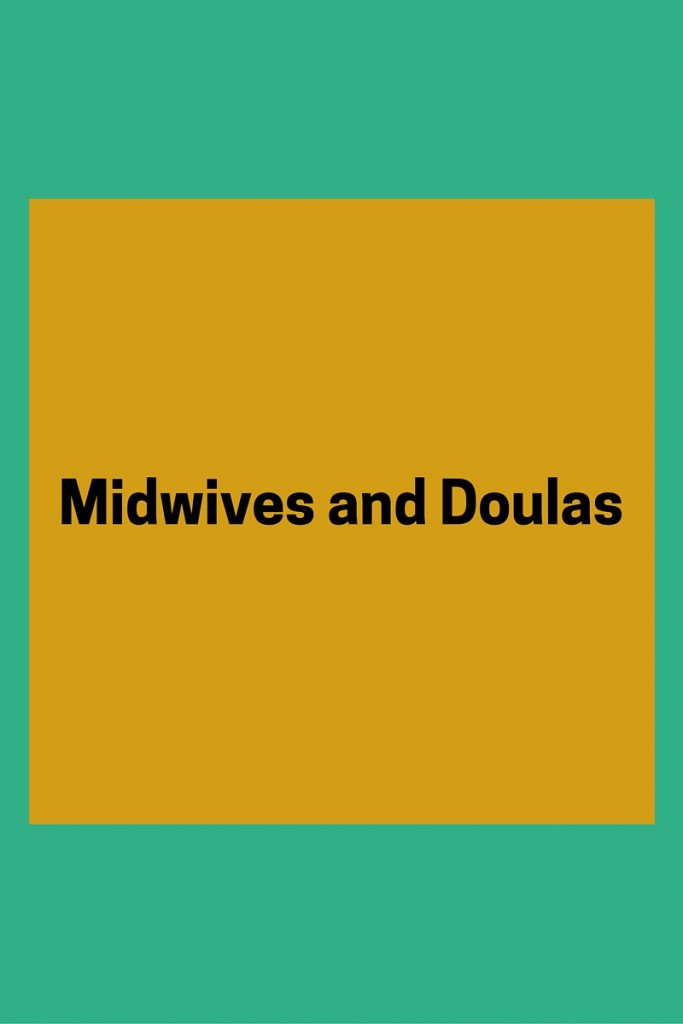Your Trusted Birth Team

We all know that becoming a parent is difficult, but most first time parents don’t really have a full understanding of how hard it will be until they’re in the midst of it. They may encounter fertility struggles or miscarriages; they realize that planning during pregnancy takes a lot of work; they have to find […]
Midwives and Doulas

Gold Coast Doulas is pleased to present a guest blog from Mandi Garvey She is a certified birth doula, Masters trained health educator, and EMT serving families in West Michigan in both clinical and non-clinical labor support roles. When she’s not at a birth in one capacity or another, she’s napping in preparation for the […]
